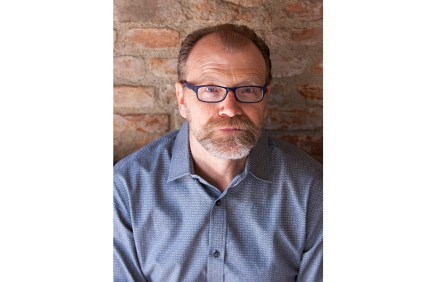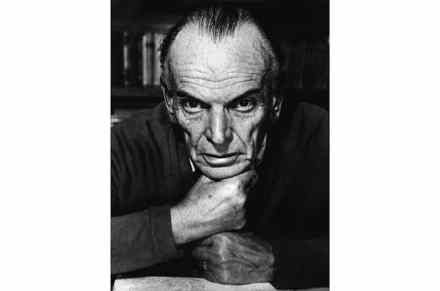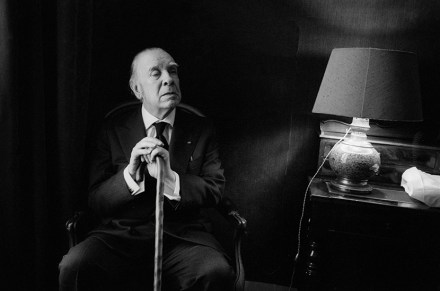Helpless human puppets: Liberation Day, by George Saunders, reviewed
George Saunders’s handbook published last year, A Swim in a Pond in the Rain, gave masterclasses on seven short stories by four Russian masters of the form: Tolstoy, Turgenev, Chekhov and Gogol. His critical observations can be taken as the manifesto for his own work. (The winner of the 2017 Man Booker prize with his first novel, Lincoln in the Bardo, he is still best known as a short story writer.) It’s fair, then, to apply his stated rules to the pieces in his new collection. The last story, ‘My House’, although briefer, holds up well against Chekhov’s ‘In the Cart’. The title immediately contains a twist, because it’s not





